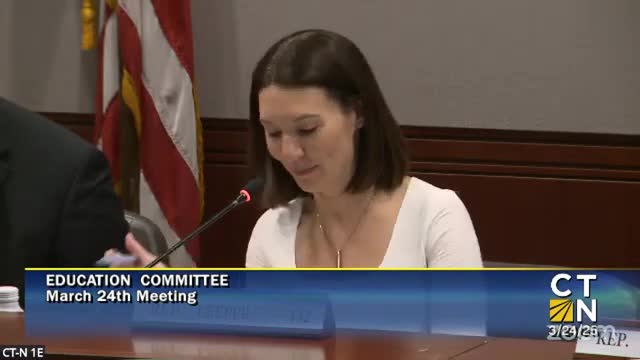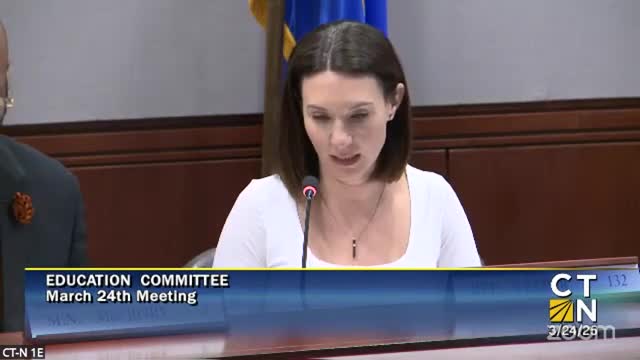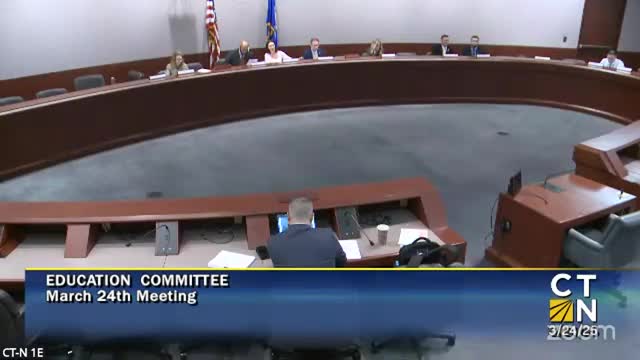Article not found
This article is no longer available. But don't worry—we've gathered other articles that discuss the same topic.

Education panel advances bill to seed universal preschool trust; lawmakers debate using surplus versus pension paydown

Committee advances scholarship and alternate‑route bill to recruit diverse educators; members press for stronger detail on commitments and program design

